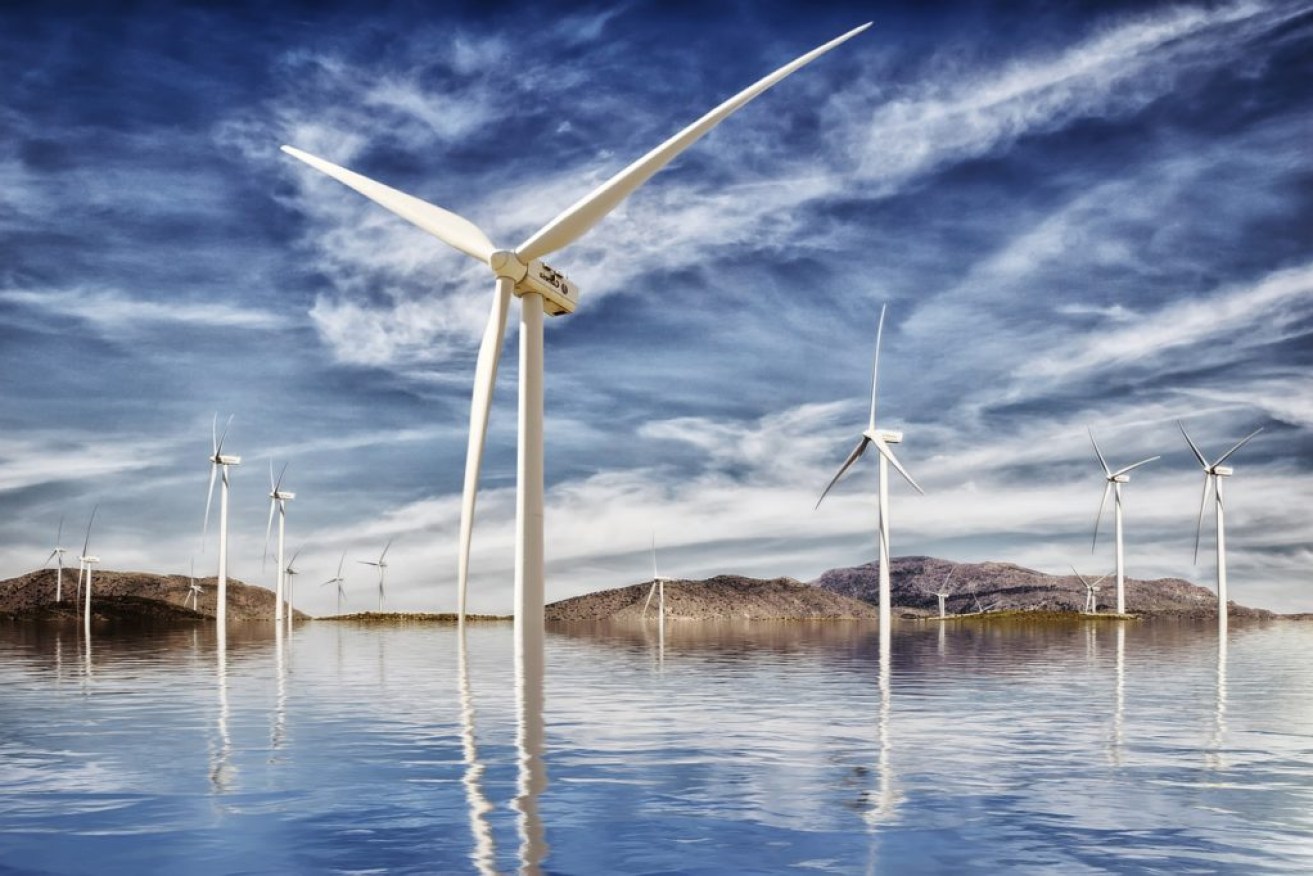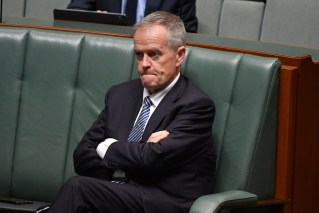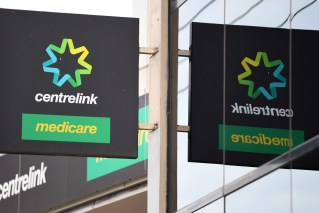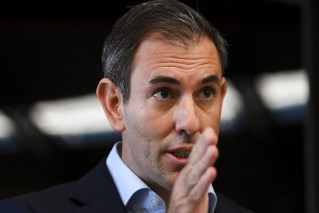How ‘green capitalism’ is changing the face of Queensland business
Startups are pushing energy technology that has nothing to do with coal or gas, while the giants of Queensland’s business sector are demanding an end to greenwashing and questioning the primacy of shareholders. What’s happening? asks John McCarthy


Iberdrola has bought the rights to the Mount James project
There’s a negativity in the ranks of environmentalists that business was refusing to yield to the demands of climate change and in many cases that may be true. There is a surplus of greenwashing going on, but dramatic changes are taking place.
PwC recently described the higher ESG standards in Australia as a radically changing landscape. Added to that was this week’s Deloitte survey showing that 74 per cent of companies believe the world is at a tipping point in terms of dealing with climate change and Macquarie noted that in 2021, a record $US649 billion poured into ESG-focused funds world-wide, up from the $US542 billion and $US285 billion that flowed into these funds in 2020 and 2019, respectively.
Forces have been squeezing business. At one end fund managers and insurers are pushing companies out of fossil fuels because of the perceived risk while consumer pressure and activism is adding force from the other end.
Since the start of the pandemic, Morgan Stanley found that monthly inflows to environmental, social and governance (ESG) funds had boomed. Between early 2020 and 2021 it more than doubled. An ethical fund was also among the top 10 super funds in Australia last year.
Even the Australian Retirement Trust, which will be created next month through the merger of QSuper and Sunsuper, is vowing to be a force for good, although it has never spelt out what that may mean.
And while Adani may be vilified in Australia for its role in coal, it is also now one of the world’s biggest investors in renewable energy and is planning to create green steel and possibly electric vehicles.
This week, QIC, a $90 billion investment manager owned by the Queensland Government, questioned the supremacy of shareholders as it announced its $US2 billion platform, Generate, had become a Delaware registered Public Benefit Company.
Tech entrepreneur Bevan Slattery announced his new investment vehicle, Soda, would wrap the assets previously held in CapitalB and expand into renewables as well as pursue its goal of saving the Great Barrier Reef.
Incitec Pivot is investigating the transformation of its Gibson Island site to hydrogen. A Brisbane lithium company Sayona was one of the biggest movers on the ASX last year and another, Allkem, is among the biggest lithium producers in the world. Vast Solar is planning a $600 million solar thermal power generator near Mt Isa.
Andrew “Twiggy” Forrest and his Road-to-Damascus change has led to billions of dollars being earmarked for hydrogen and this week Fortescue spent $300 million on buying a battery technology company.
At the smaller end, Queensland company Endua received a grant of almost $1 million for its project to create and store hydrogen with renewables that would then converted back to electricity by fuel cells. It would effectively replace diesel generators. It also has the backing of Ampol and works out of the oil giant’s Pinkenba site.
Brisbane based Evos, which specialises in solutions for electric vehicle charging, also received more than $800,000 in Federal Government grants last week.
EV fast charging company Tritium just listed on the Nasdaq and battery materials company Novonix will soon follow.
In an Insight paper released by QIC, the investment manager said the conversion of Generate into a PBC was “significant for QIC clients and infrastructure investors because it represents a nascent but accelerating global trend away from shareholder primacy towards stakeholder capitalism, whereby commercial corporations elevate environmental and social objectives in their corporate purpose”.
That’s a staggering statement for an investment manager. A decade ago, QIC would have been run out of town for such heretical statements and even now in Australia shareholder primacy is written into law.
QIC said the switch exemplified “a major trend towards legitimised and evidence-based sustainability performance to counter rising risks of greenwashing in an increasingly environmentally conscious world’’.
It said in the case of its Generate, there was no tradeoff between financial results and sustainability.
“QIC considers the PBC conversion will be beneficial for Generate’s public profile with respect to its customers, development partners, employees and capital providers,’’ it said.
However, PwC found that only 36 per cent of the ASX 200 companies had a net-zero target, while just 4 per cent said they had carbon-negative plans and goals. About 62 per cent didn’t publish an ESG strategy setting out their goals.
There was also questionable auditing of the claims, but the foundations for change have been built.












